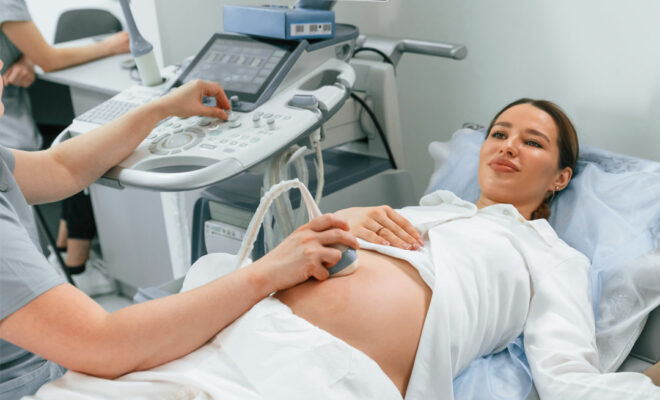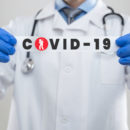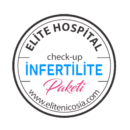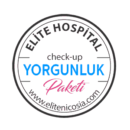What is the Branch of Perinatology? When should you be examined?
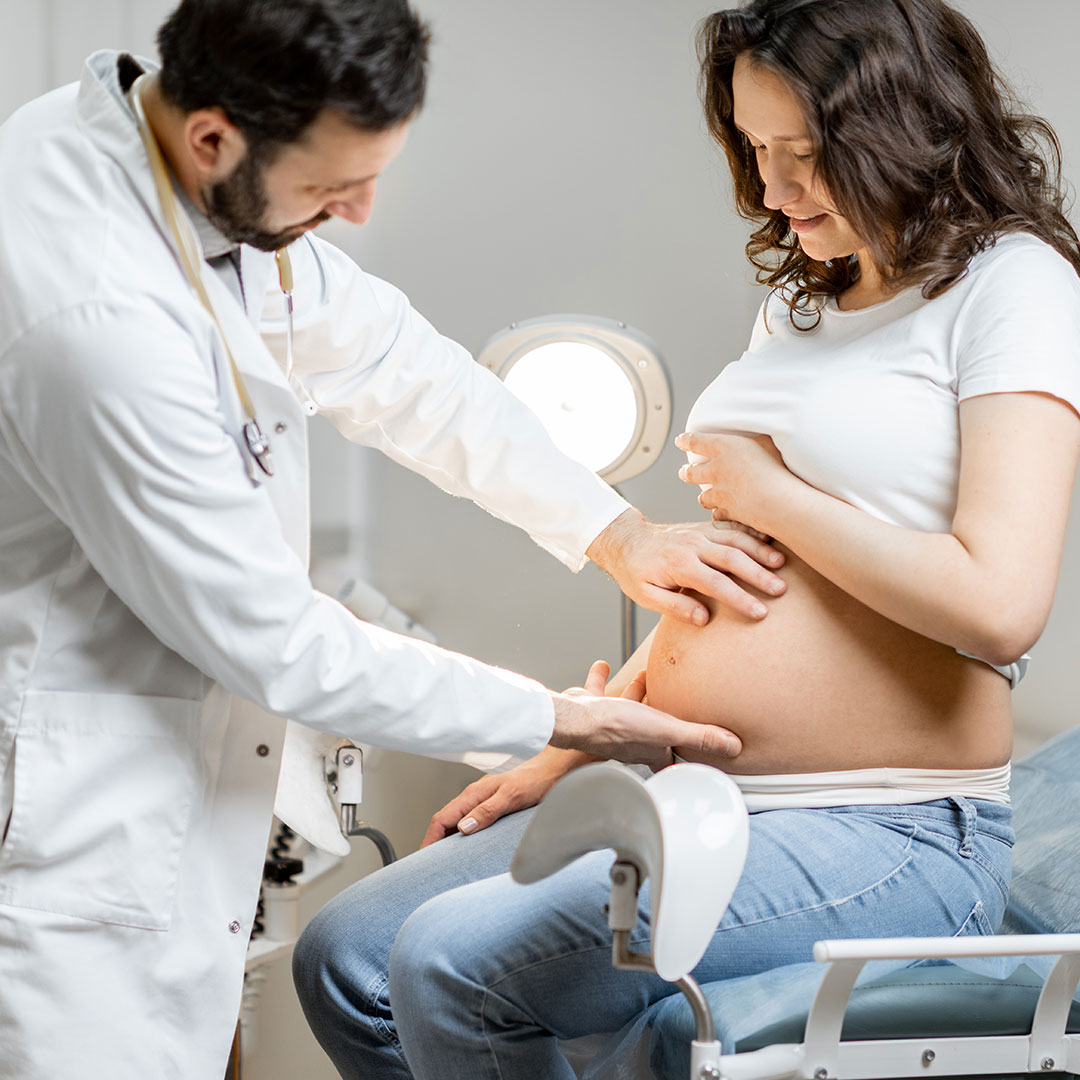
Perinatology is the top specialization in gynecology and obstetrics. In other words, it is a branch of science that deals only with pregnancy-related problems.
When should a perinatologist be examined?
If there is no problem during pregnancy, the first trimester (between 11th and 14th weeks of pregnancy) evaluation and the second trimester (between 20th and 24th weeks) detailed ultrasound evaluation should be performed by a perinatologist.
First trimester (between weeks 11 and 14) evaluation: Detailed information about the pregnancy-related situation is obtained from the family and an ultrasound is used to investigate the presence of any problems in the baby and the mother. The ultrasound performed this week is a special ultrasound and involves looking at many structures in the baby. The baby's nasal bone (nasal bone), limbs, blood flow, skull and many other structures are evaluated. Problems in these structures are both signs of genetic diseases and early signs of structural anomalies in the baby.
DETAILED ULTRASOUND / 2nd trimester (between 20-24 weeks) evaluation: During these weeks, the development of fetal organs becomes largely visible. All fetal structures should be reviewed in detail and deviations from normal should be revealed. The structures that need to be examined during detailed ultrasound are: the baby's head, brain tissues, facial structure, neck structure, rib cage structure and the organs inside it, the baby's heart, organs in the abdomen, abdominal wall, baby's genital organs, hands, arms, legs, feet, amnion. fluid, umbilical cord, placenta and uterine blood flow. This ultrasonographic examination is a specialized examination and takes at least 30 minutes. Depending on the mother's condition, gestational age and many other factors, the period may take up to 1.5 hours.
Fetal interventional procedures: The procedures performed to diagnose genetic diseases in the presence of any problem in the baby (high risk of double test, problem with NIPT result, presence of abnormalities in ultrasound, etc.) are called "fetal interventional procedures". CVS (chorionic villus sampling), Amniocentesis and Cordocentesis are fetal diagnostic interventional procedures.
CVS: It is performed between the 11th and 14th weeks of pregnancy. It is the process of taking a sample from the baby's placenta. A sample of the placenta is taken with a thin needle, under ultrasound guidance, without touching the baby.
aminosynthesis: 16.-20. It is the process of taking samples of the baby's fluid under ultrasound guidance between weeks. It is the most commonly used method for diagnosing genetic diseases. It is a definitive diagnosis method. Methods such as NIPT (tests that investigate the genetics of the baby from the mother's blood) are not definitive diagnostic methods, and in cases where there are problems with the NIPT result, Amniocentesis is performed for definitive diagnosis. Amniocentesis is a reliable procedure and in experienced hands, the probability of miscarriage and other complications is very low.
Cordocentesis: It is a method used both to diagnose anemia and to perform blood transfusion in cases of anemia in the baby. It is the process of entering the umbilical cord with a thin needle under ultrasound guidance. It is also used in cases such as making genetic diagnosis in late pregnancy weeks and diagnosing infections in the baby.
Cerclage (cervical stitch): It is the process of closing the cervix with a special stitch. It is done in certain cases and is intended to keep the baby in the womb longer. The longer the baby stays in the womb, the more his lungs will develop and as a result, the baby will breathe more easily after birth. In certain cases, stitches are applied to the cervix. Firstly, it can be applied to pregnant women who have previously had losses in the early weeks of pregnancy. In addition, stitches can be applied to high-risk pregnant women who have a short cervix on ultrasound. Finally, emergency cerclage stitches can be placed in very early pregnancy weeks when the cervix is open.
Dr. Baris Sever
Perinatology Specialist
Contact Us For Appointment:
Telephone line: 0392 444 3548 (ELIT)
Contact Form: https://www.elitenicosia.com/iletisim/

